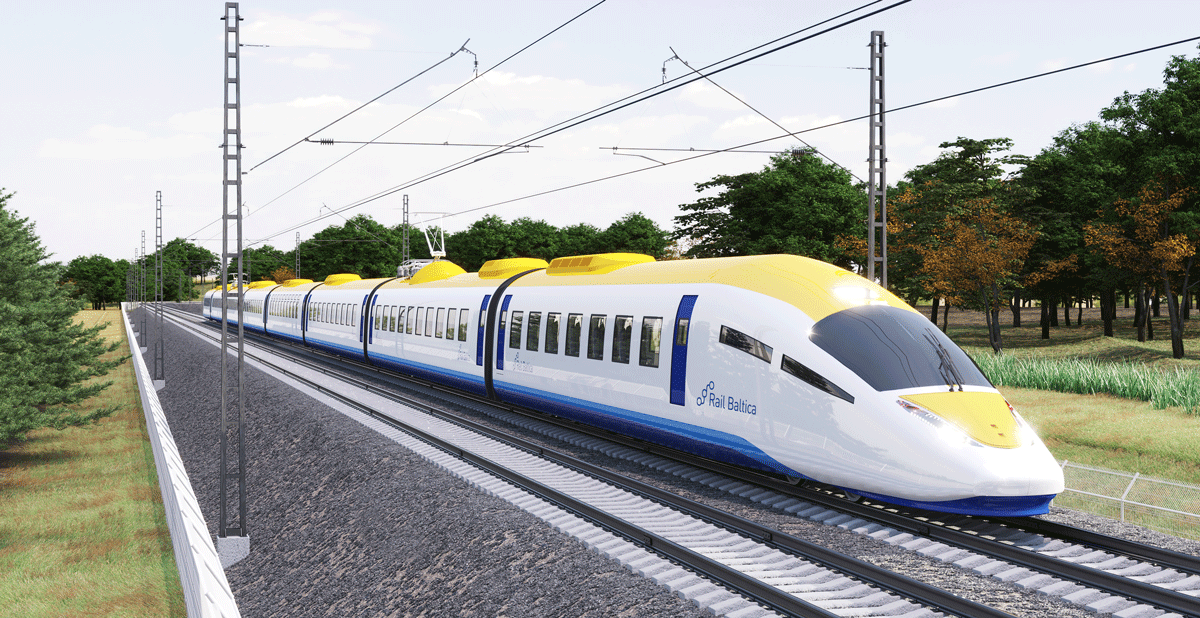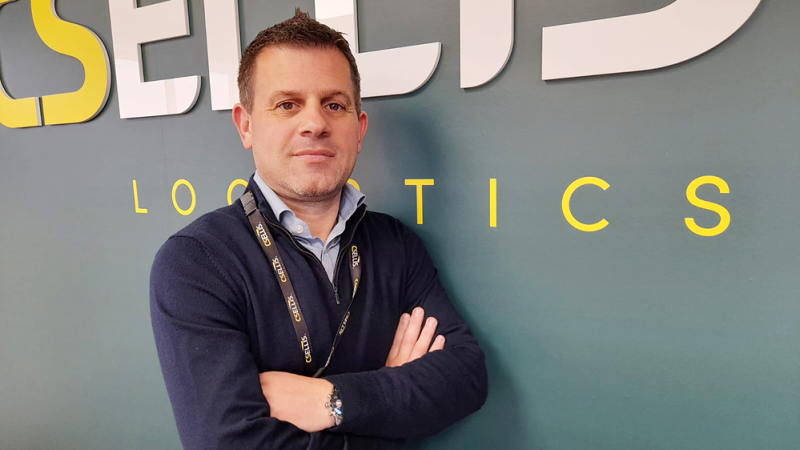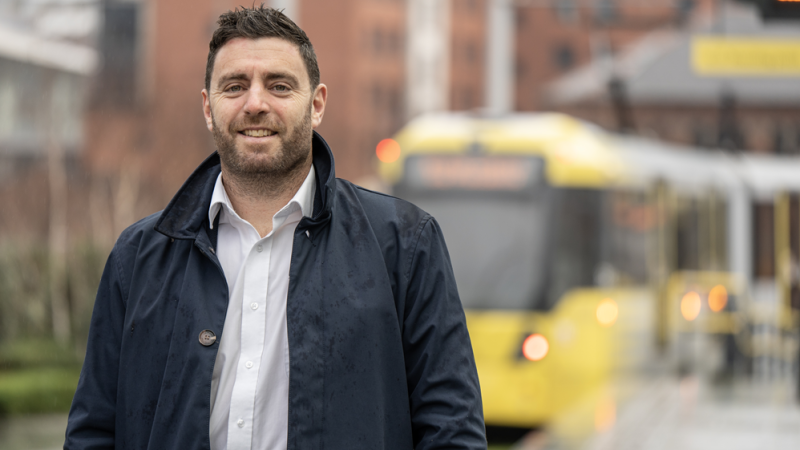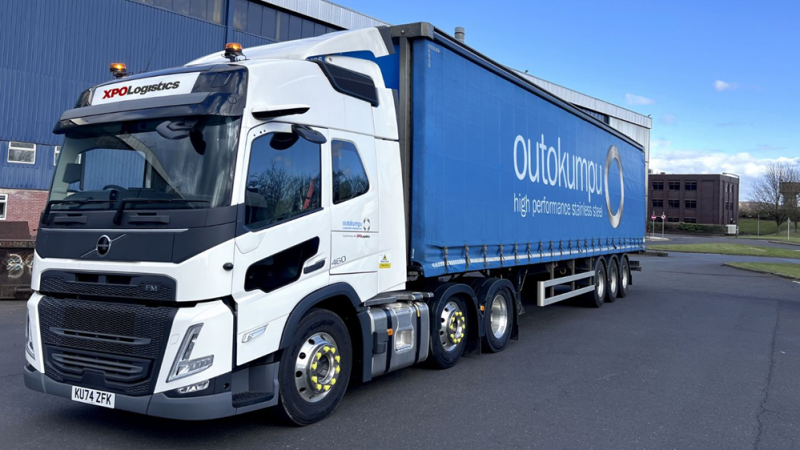Rail Baltica is a major greenfield infrastructure project designed to connect Estonia, Latvia, and Lithuania with Poland, aiming to create a modern, high-speed rail connection across the Baltic region that will span approximately 900 kilometres. Estimated to cost €20 billion, Rail Baltica is the biggest infrastructure project ever implemented in the Baltics.
The project is expected to generate direct net benefits worth €6.6 billion and boost GDP growth by 0.5% to 0.7%, adding between 15.5 and 23.5 billion euros in indirect benefits to the economies of Estonia, Latvia, and Lithuania. The costs for the first phase of the project, which is planned to be completed by 2030, are projected at €15.3 billion.
Rail Baltica will be a fully electrified, double-track railway with the standard gauge of 1435 mm and will be equipped with the ERTMS (European Rail Traffic Management System), designed to meet European standards.
With a design speed of 249 km/h, Rail Baltica will significantly reduce travel times between the Baltic states and major European cities, promoting accessibility and facilitating business, tourism, and cultural exchange. Additionally, the project will enhance the Baltic region’s position as a vital transit hub, fostering stronger trade connections and promoting regional cooperation.
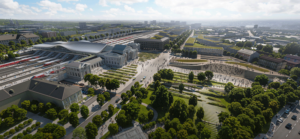 The project of the century
The project of the century
Business Focus had the pleasure to speak with Marko Kivila, Chairman of the Management Board and CEO at RB Rail AS, a joint venture established by Estonia, Latvia, and Lithuania to lead and coordinate the Rail Baltica project across these three states, as well as indirectly with Poland and Finland.
He reflects that the project will have a profound impact on the region’s development and the future of generations living in the Baltics, and will influence nearly every aspect of their lives. Additionally, Rail Baltica will transform the Baltics into a unified economic area, bringing it closer to Europe and thus fostering real economic integration. Lastly, this project is also crucial for the environment and contributes significantly to reaching Green Deal targets.
Kivila explains that in 2024, the project is advancing into the construction phase, with the expectation of having approximately 15% of the mainline under construction by year-end. Construction work is ongoing in all three countries.
“Concurrently, we are advancing with the construction of the longest railway bridge over the Neris River, a major engineering feat within the Rail Baltica project, currently in the pile installation stage. The project’s two largest procurements – for electrification and for the control-command and signalling system design and construction – are progressing according to the overall timeline.”
Strengthening the Baltic region
Kivila points out that the company’s task is uniquely challenging: “We are overseeing and coordinating the implementation of one of the largest infrastructure development projects ever undertaken in the Baltic region. This requires us to navigate various legislations, languages, and cultural differences.”
As such, the joint venture plays a crucial role in achieving consensus and engaging stakeholders. Its mission and key functions revolve around effective programme development, supervision of the technical standards and interoperability requirements, as well as overall coordination on the global project level, stakeholder management, and decision-making, all of which are essential for the project’s progress.
The organization also focuses on attracting funds and serving as a centre of excellence and expertise considering the historical lack of knowledge of high-speed railway construction in the region. “Our vision is to strengthen the Baltic region’s integration with Europe, boost the local economy, and enhance community mobility through high-performing, sustainable and innovative railway infrastructure,” says Kivila.
Rail Baltica will cover nearly 900 km and involve international passenger transport, regional passenger transport, freight transport, and military mobility. That in itself presents a major challenge, further accentuated by each of the countries having its own priorities, perspectives, and regulatory frameworks, making consensus-building a complex and lengthy process. This requires close cooperation and a consensus-oriented mindset among all project partners, sometimes necessitating changes in legislation.
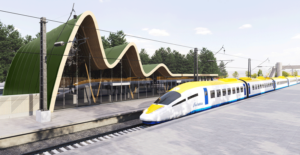 Multinational expertise
Multinational expertise
“Building expertise in high-speed rail technologies is crucial, and we have assembled a strong professional team with experts from the Baltics and other European and international countries,” says Marko Kivila. “We aim to bring technical expertise to the Baltics to ensure higher technical standards for the railway infrastructure we are building.”
“To this end, we are working with recruitment agencies across the Baltic region and Europe that specialize in infrastructure management and construction engineering. We also regularly reassess job positions to remain competitive in the labour market, support employee satisfaction, and drive performance and professional growth.”
“We maintain strong relationships with other European megaprojects, allowing for continuous experience and best practice exchanges, including site visits. This keeps our team curious and eager to learn, ensuring they stay at the forefront of their fields.”
The project’s multinational nature is truly reflected in the company – RB Rail’s team members come from more than 25 other European and international nations.” At RB Rail, we have over 200 highly skilled international and local experts in a variety of fields ranging from high-speed railway systems and transport modelling, to environmental management, finance, and investment. All our employees are working towards a common goal – to deliver this project of the century,” Kivila affirms.
He further highlights and important factor – Rail Baltica has inspired some Baltic experts to return home after working abroad, facilitating remigration. “This clearly benefits the project, the region and, ultimately, themselves as they contribute valuable experience gained abroad to their countries’ development.”
Moving forward
The project is now at a crucial stage as important decisions are being made that will shape Rail Baltica’s future direction. Focus is also on attracting funding, including private investments. Encouragingly, Rail Baltica remains one of Europe’s top priorities among transport infrastructure projects and receives full support.
“We have made tangible progress this year, with mainline construction starting in all three Baltic countries marking a significant milestone in the project’s advancement,” says Kivila, adding that these developments have resulted in significant internal changes in the company.
“Over the past year, we have focused on adapting to the project’s evolving needs and enhancing our ability to deliver. We have been in a constant state of change, which is natural for a project of this scale and complexity. I am sincerely grateful to our team for their endurance, resilience, and internal motivation, which keep them moving forward despite the challenges,” he emphasises in concluding.
